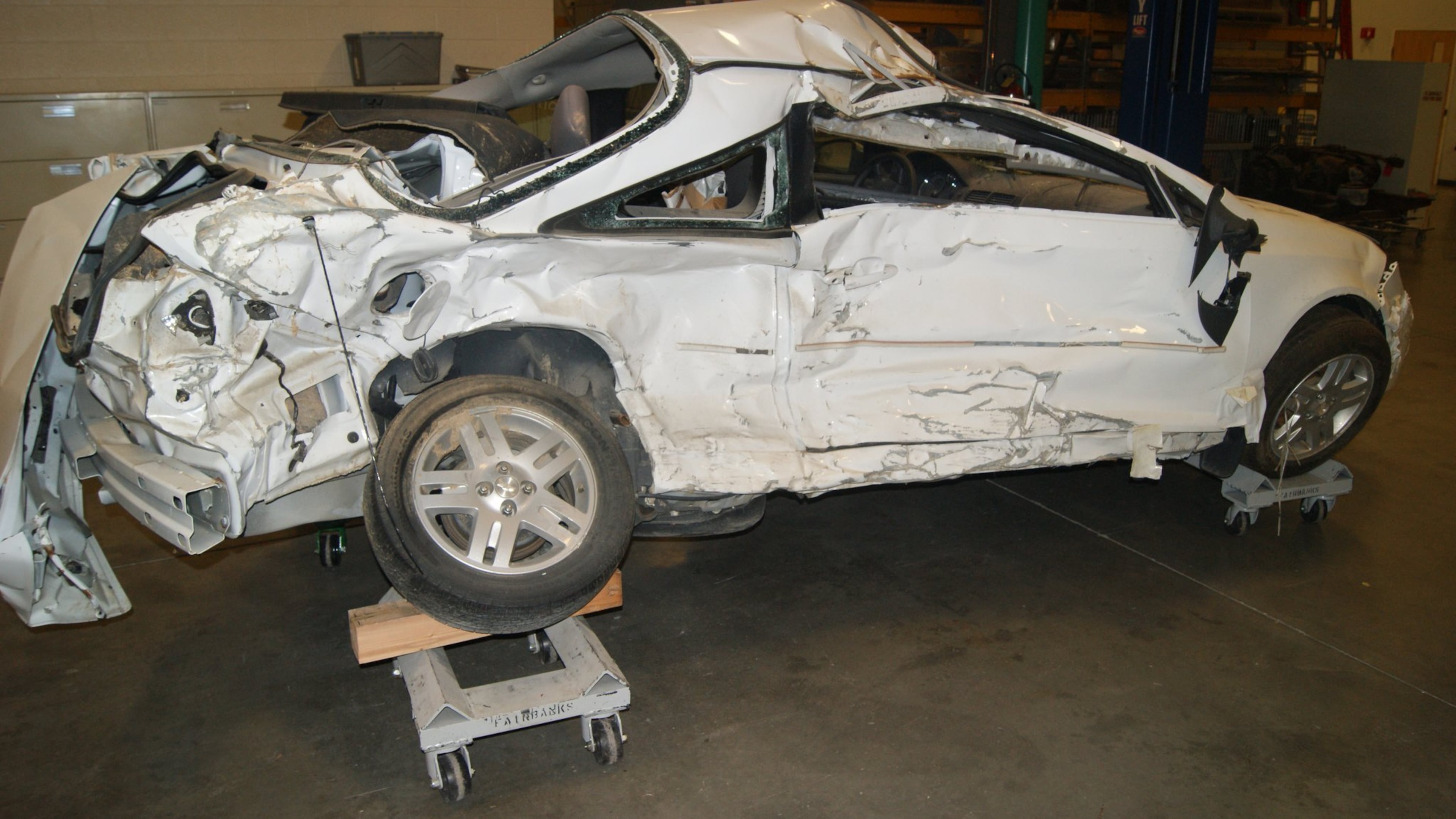Parents sue GM again in daughter’s death

The parents of Brooke Melton, who died in a 2010 crash caused by a faulty ignition switch in her Chevrolet Cobalt, want to reverse their agreement to settle with General Motors and are refiling their claim. The revised complaint alleges that GM “fraudulently concealed critical evidence and allowed its corporate representative to commit perjury.”
Specifically, the lawsuit says, recent disclosures by GM to the National Highway Traffic Safety Administration and to Congress contradict the company’s assertions during the lawsuit that GM employees were unaware of design changes to the switches.
“The Meltons would not have settled their case if they had known of the perjury and concealment of critical evidence,” their lawyer, Lance Cooper, said in a prepared statement. “It is now apparent that GM’s plan was to resolve the Meltons’ claims before disclosing the Cobalt ignition switch design changes.”
“I’m not just angry now,” Brooke’s father, Ken Melton, said at a press conference at Cooper’s Marietta law firm. “I’m hurt … they’d be so desperate not to disclose all the information. I feel like I’ve been lied to. … This is our daughter’s life we’re talking about.”
On Monday, GM issued the same statement it gave the Meltons when it refused to rescind the settlement agreement. The automaker said it “denies the assertion that GM fraudulently concealed relevant and critical facts in connection with the Melton matter. And GM denies it engaged in any improper behavior in that action.”
The Meltons’ lawsuit was filed in Cobb County State Court where a judge must now decide whether to rescind the settlement, the amount of which has not been disclosed, and allow the new claims to go forward.
GM recalled about 780,000 2005-07 Chevrolet Cobalt and Pontiac G5 vehicles on Feb. 13. Twelve days later, it expanded the recall to include an additional 590,000 model-year 2003-07 Saturn Ion, Chevy HHR, Pontiac Solstice, and Saturn Sky vehicles. The total number of recalled vehicles now numbers about 2.6 million related to the defect.
Court documents and other evidence reveal that GM knew about the ignition switch problem as early as 2001. However, GM rejected several design changes and solutions that were recommended by its own engineers on numerous occasions because of the cost and the time it would take to make the changes. The company says it has linked 31 crashes and 13 deaths to the faulty ignition switch, but a new study commissioned by the Center for Auto Safety indicates the death toll could exceed 300.


